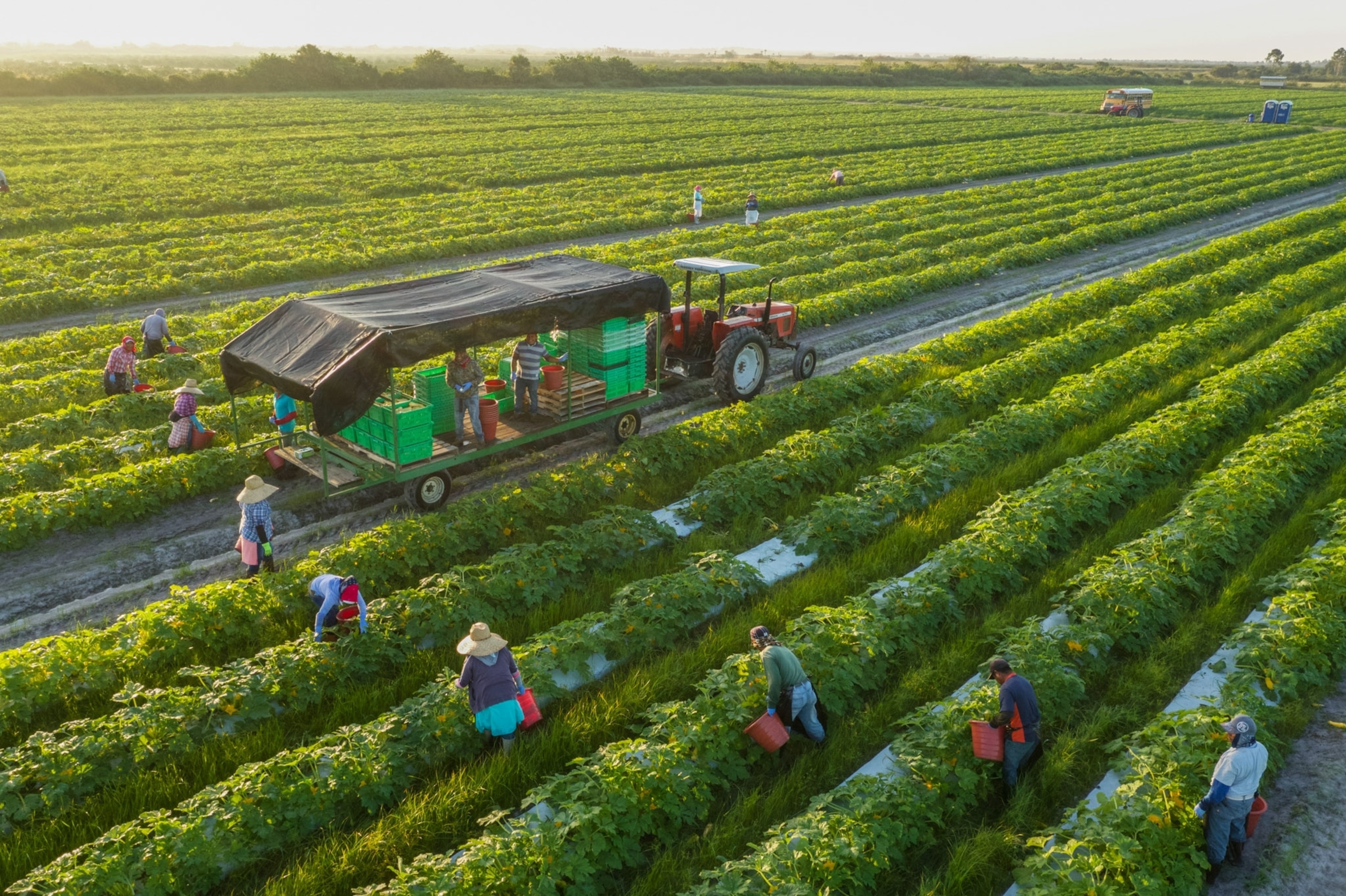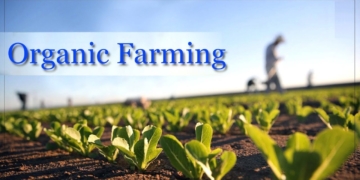Organic farming should not be underestimated, says Prof. Dr. Jürgen Hess, University of Kassel, and contradicts the statements of an interview on agrarheute a few days ago in a letter to the editor.

Last Monday (July 26th) we had an interview with the agricultural economist Prof. Dr. Herbert Ströbel, former dean of the Department of Agriculture II at the Weihenstephan / Triesdorf University of Applied Sciences (see link below). In an interview, he explained that the concentration on pure organic farming was in his view not very productive and heavily ideologically burdened. At the same time, he criticized university research, which is more geared towards political demands and easier financing than feasible concepts.
We received a letter from Prof. Dr. Jürgen Hess, former head of the organic agriculture and crop production department at the University of Kassel-Witzenhausen. We are publishing this letter here in full and look forward to further discussion on this controversial topic.

Letter to the editor from July 28, 2021 from Prof. Dr. Jürgen Hess
The promotion of organic farming must be linked to its services for the environment and society, demands Prof. Ströbel in an interview published by agrarheute on July 26, 2021. So far, so good, unfortunately the argumentation lacks the depth of focus in the further course, and in part also the factual basis.
Ströbel questions the performance of organic farming and speaks, among other things, of increased nitrate leaching. A current meta-study financed by the Federal Ministry of Agriculture, which evaluated the scientific literature of the past 30 years, shows the opposite. Organic farming does significantly more in terms of groundwater protection, biodiversity, soil fertility and climate adaptation than conventional farming. In relation to the area, this also applies to climate protection, whereby the differences are leveled out when it comes to income.
The fact that organic farming only delivers 50 percent of the yields compared to conventional farming is simply wrong. All comparisons in this regard are lagging as a result of a poor data basis and a lack of comparability, and they are all the more lagging when the income situation of German intensive agriculture is transferred to the world.
Organic products are no healthier. If you look at the exposure to pesticides, their toxicity hardly plays a role in comparison to the natural toxins that occur in plants anyway. Organic products are sometimes more heavily contaminated with heavy metals and mold.
I am not denying that organic farming can make positive contributions to agriculture in some areas. However, reasonable conventional farming, as practiced by the vast majority of our farmers, is preferable – objectively as well as morally.
It is also not expedient to relate all services to earnings. The appropriate reference value must be decided on a case-by-case basis. To give an example: For water management it is almost irrelevant whether 50 or 90 dt of wheat per hectare are harvested in the water catchment area. Rather, the decisive factor is that the water industry wants little nitrate and no pesticides in the raw water that is extracted. It is not for nothing that the Munich and Leipzig municipal utilities promote organic farming in their water protection area.
At present, organic farming receives about twice as high a subsidy per hectare as conventional. I can only speculate about the motives. Because organic is so popular with the public, it also attracts actors with political or economic considerations, so that organic now also benefits from irrelevant motives .
I argue against offering courses in organic farming because too many options are ignored due to the ideological orientation. The university is committed to science and should not act as a multiplier of ideologies. Sometimes I can understand that universities satisfy the demand for such course content and follow the zeitgeist, but I regret that scientific diligence often falls by the wayside.































